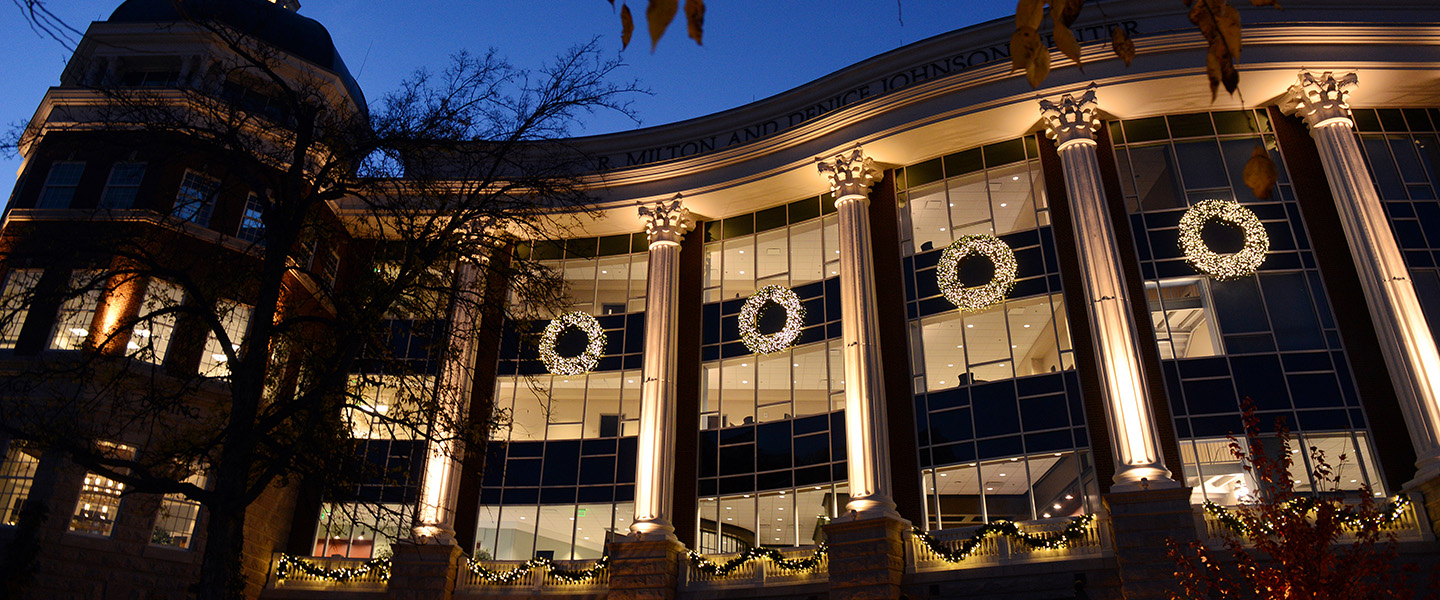Suggested Readings:Psalm 126; Isaiah 35:3-7; Luke 7:18-30
A Harvest of Joy
A Song of Ascents
Psalm 126
When the Lord restored the fortunes of Zion,
we were like those who dream.
Then our mouth was filled with laughter,
and our tongue with shouts of joy;
then it was said among the nations,
“The Lord has done great things for them.”
The Lord has done great things for us,
and we rejoiced.
Restore our fortunes, O Lord,
like the watercourses in the Negeb.
May those who sow in tears
reap with shouts of joy.
Those who go out weeping,
bearing the seed for sowing,
shall come home with shouts of joy,
carrying their sheaves.
Isaiah 35:3-7
Strengthen the weak hands,
and make firm the feeble knees.
Say to those who are of a fearful heart,
“Be strong, do not fear!
Here is your God.
He will come with vengeance,
with terrible recompense.
He will come and save you."
Then the eyes of the blind shall be opened,
and the ears of the deaf unstopped;
then the lame shall leap like a deer,
and the tongue of the speechless sing for joy.
For waters shall break forth in the wilderness,
and streams in the desert;
the burning sand shall become a pool,
and the thirsty ground springs of water;
the haunt of jackals shall become a swamp,
the grass shall become reeds and rushes.
Messengers from John the Baptist
Luke 7:18-30
The disciples of John reported all these things to him. So John summoned two of his disciples and sent them to the Lord to ask, “Are you the one who is to come, or are we to wait for another?” When the men had come to him, they said, “John the Baptist has sent us to you to ask, ‘Are you the one who is to come, or are we to wait for another?’ ” Jesus had just then cured many people of diseases, plagues, and evil spirits, and had given sight to many who were blind. And he answered them, “Go and tell John what you have seen and heard: the blind receive their sight, the lame walk, the lepers are cleansed, the deaf hear, the dead are raised, the poor have good news brought to them. And blessed is anyone who takes no offense at me.”
When John's messengers had gone, Jesus began to speak to the crowds about John: “What did you go out into the wilderness to look at? A reed shaken by the wind? What then did you go out to see? Someone dressed in soft robes? Look, those who put on fine clothing and live in luxury are in royal palaces. What then did you go out to see? A prophet? Yes, I tell you, and more than a prophet. This is the one about whom it is written, "See, I am sending my messenger ahead of you, who will prepare your way before you. I tell you, among those born of women no one is greater than John; yet the least in the kingdom of God is greater than he.” (And all the people who heard this, including the tax collectors, acknowledged the justice of God, because they had been baptized with John's baptism. But by refusing to be baptized by him, the Pharisees and the lawyers rejected God's purpose for themselves.)

